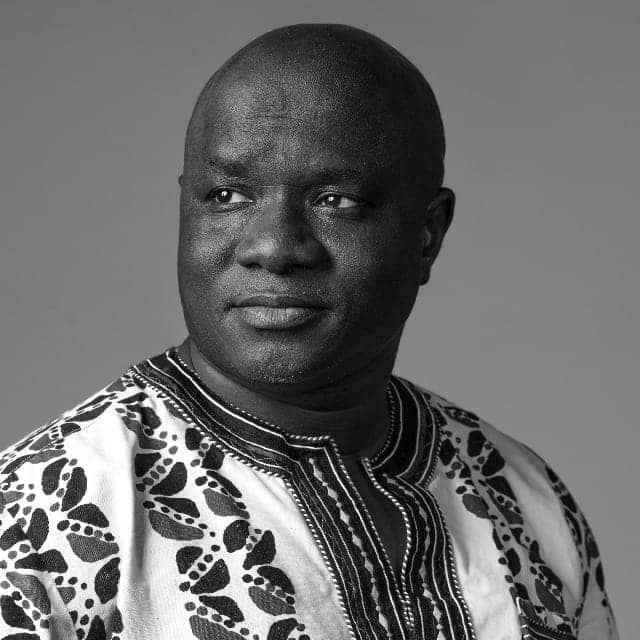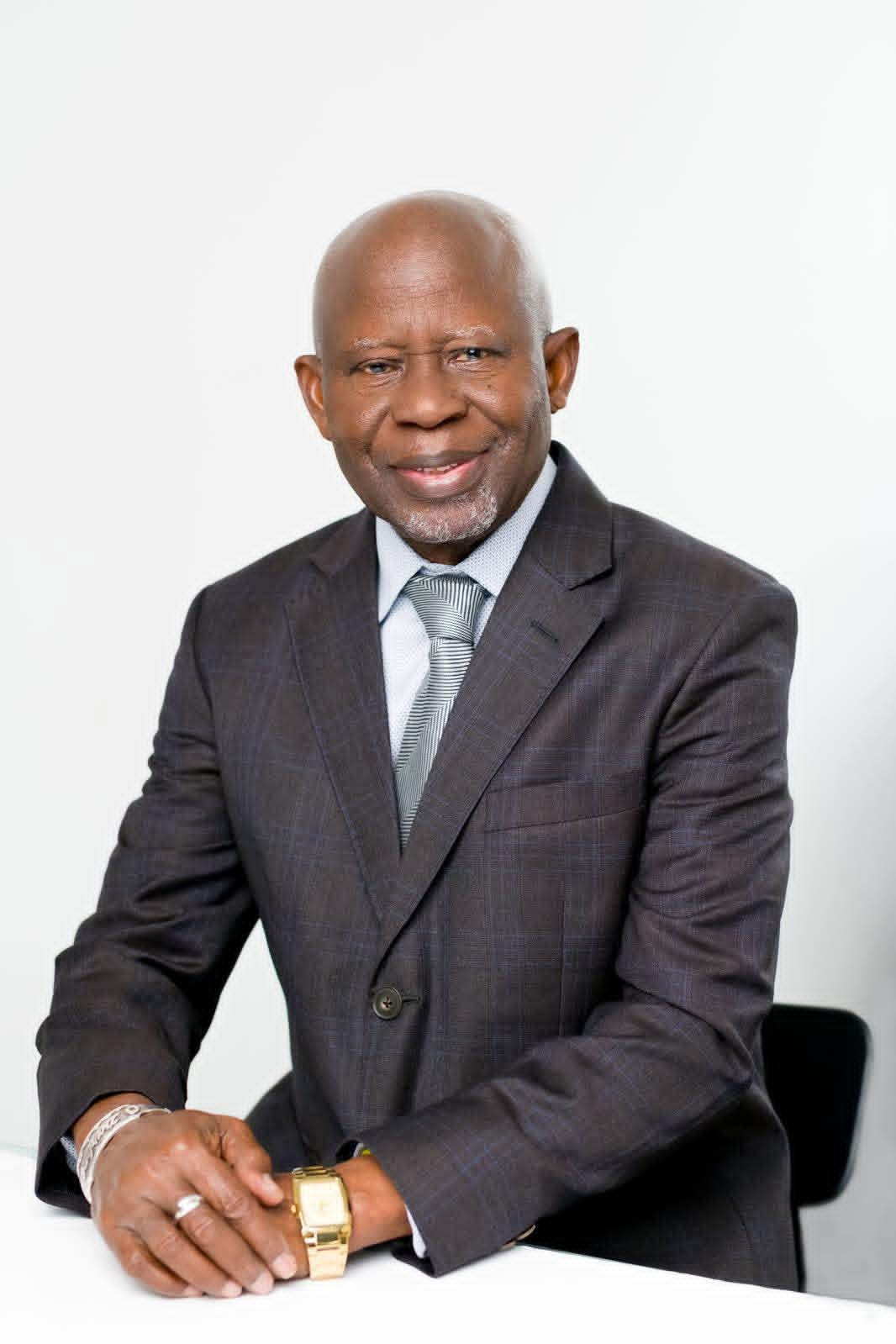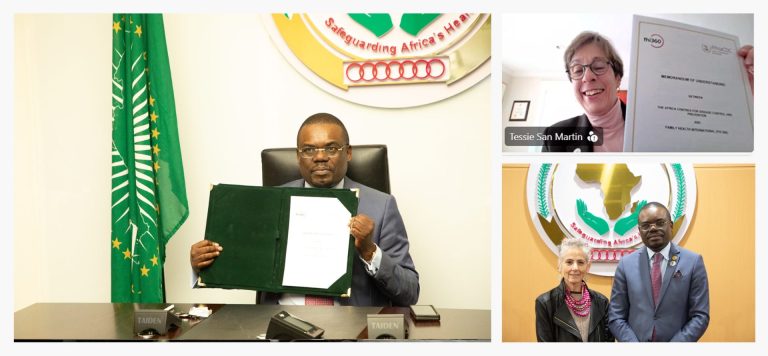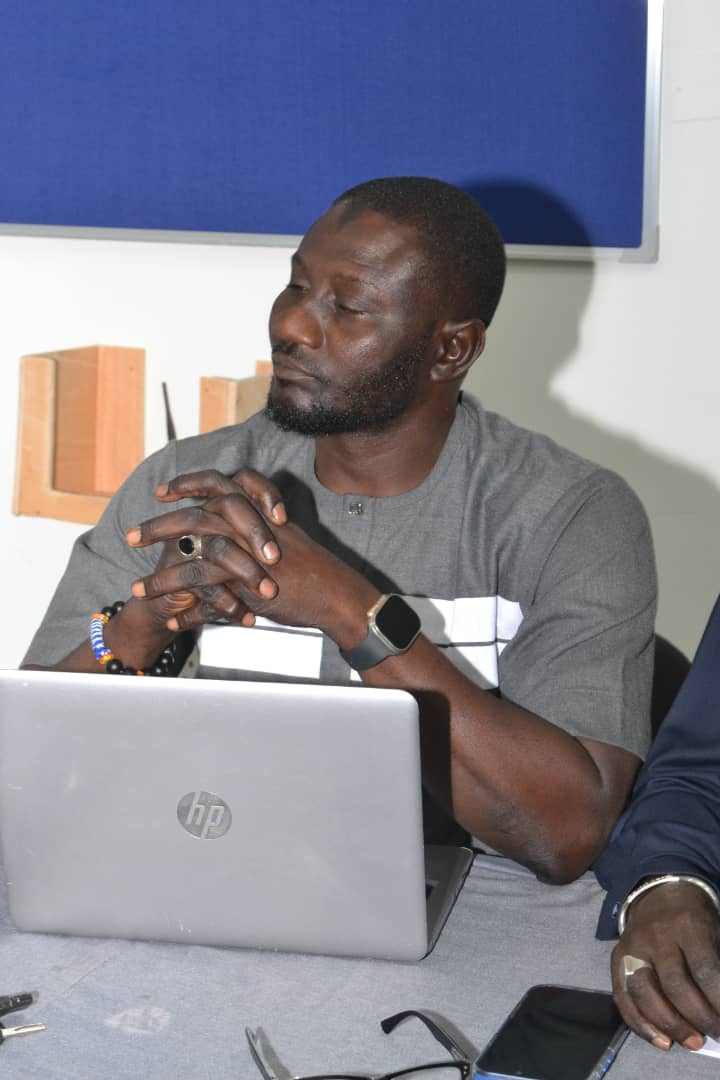By Madi Jobarteh
It is now clear that the National Assembly has dedicated itself to undermining our democracy and disenfranchising citizens contrary to their purpose and obligations. Last year, NAMs voted to hike nomination fees for presidential candidates to D1M as well as increasing both parliamentary and local elections nominations. At the same time, they also decided to expunge diaspora voting out of the elections bill which has been before them over the past five years.
To add salt to injury, yesterday September 9, the Assembly approved a drastic increase in the registration fee for political parties to an astronomical D2 million. Rather than strengthening our multiparty system, the very institution entrusted with safeguarding democracy is actively undermining political pluralism, citizen participation, and national progress.
This development is not merely about figures on paper; it is about access to political power and the fundamental right of Gambians to freely associate and participate in governance.
A D2 million requirement for party registration essentially shuts the door on grassroots movements, youth-led initiatives, women’s organizations, and other emerging political actors who lack the financial muscle of entrenched elites. It creates a system where only the rich and powerful can form political parties, thereby commercializing politics and entrenching oligarchy in a country that fought so hard to free itself from decades of autocratic rule.
A Direct Threat to Multiparty Democracy
The 1997 Constitution guarantees the right of citizens to form and join political parties as a cornerstone of democratic governance. By imposing such prohibitive financial barriers, the National Assembly has erected a legal wall of exclusion. This is nothing short of a direct attack on the principles of pluralism and political competition.
History teaches us that when competition is stifled, democracy suffers. The strength of our republic lies not in the dominance of a few well-financed parties, but in the vibrant contest of diverse ideas and visions for national development. By setting the registration fee at such an exorbitant level, parliamentarians have effectively handed control of the political space to a privileged minority, silencing the voices of ordinary majority Gambians.
This move mirrors the troubling trend we saw when the presidential nomination fee was increased to D1 million. At that time, civil society and concerned citizens raised alarm that such measures would narrow the political field, making it harder for qualified and visionary leaders without deep pockets to compete. Instead of correcting that undemocratic decision, the National Assembly has doubled down, confirming fears that it is becoming an enabler of elite capture of the state.
National Progress at Stake
The consequences of this decision are far-reaching. Democracy is not an abstract ideal; it has real implications for national development, social stability, and peace. When citizens feel excluded from the political process, frustration festers, and political apathy or unrest follows. A multiparty system that reflects the diversity of our society is essential for inclusive governance and conflict prevention.
Moreover, the decision flies in the face of The Gambia’s international commitments. As a member of ECOWAS, the African Union, and the United Nations, our country has pledged to uphold free and fair political participation. Increasing the registration fee to D2 million violates the spirit of these commitments.
Who Does This Decision Serve?
One must ask: Who benefits from this decision? Certainly not the average Gambian struggling to make ends meet.
This policy serves only the political elite who already enjoy access to state resources and networks of wealth. It cements their dominance while systematically excluding citizens with fresh ideas and genuine commitment to service.
By voting for this measure, our lawmakers have signaled that politics is a private club for the rich, rather than a public service open to all. This is a betrayal of the social contract between the people and their representatives.
The Way Forward: Reversing the Damage
The Gambian people must not accept this undemocratic assault in silence. Civil society organizations, political parties, the media, and ordinary citizens must unite to demand the immediate reversal of this decision.
Litigation is one option, as the courts can be petitioned to rule on whether such a fee violates constitutional guarantees of political participation and association. Equally important, citizens, CSOs and political parties should protest this undemocratic decision to demand the National Assembly to reverse it immediately.
This decision is a terrible regression that would embolden those who seek to roll back our hard-won freedoms.
Ultimately, the fight is not about money; it is about the soul of our democracy. A nation that prices political participation beyond the reach of its people risks losing its legitimacy.
The Gambia cannot afford to return to the dark days when a few individuals monopolized power, and dissenting voices were silenced.
Conclusion
The National Assembly’s decision to raise the political party registration fee to D2 million is not a neutral administrative adjustment, it is a deliberate act of exclusion. It undermines multiparty democracy, weakens citizen participation, and threatens national progress.
Lawmakers must remember that they are the custodians of the people’s trust, not gatekeepers of privilege. The health of our democracy depends on open access, fair competition, and inclusive governance. Anything less is a step backward into the very autocracy that Gambians rejected in 2016. The people must speak. The decision must be reversed. Our democracy depends on it.
For The Gambia, Our Homeland
About the author: The author is a renowned rights activist and founder of the Edward Francis Small Center for Rights and Justice.
About the publisher: The views published herein are those of the author and do not necessarily represent the views of the publisher. Want to be a contributing author? Please email info@outpost220.net






